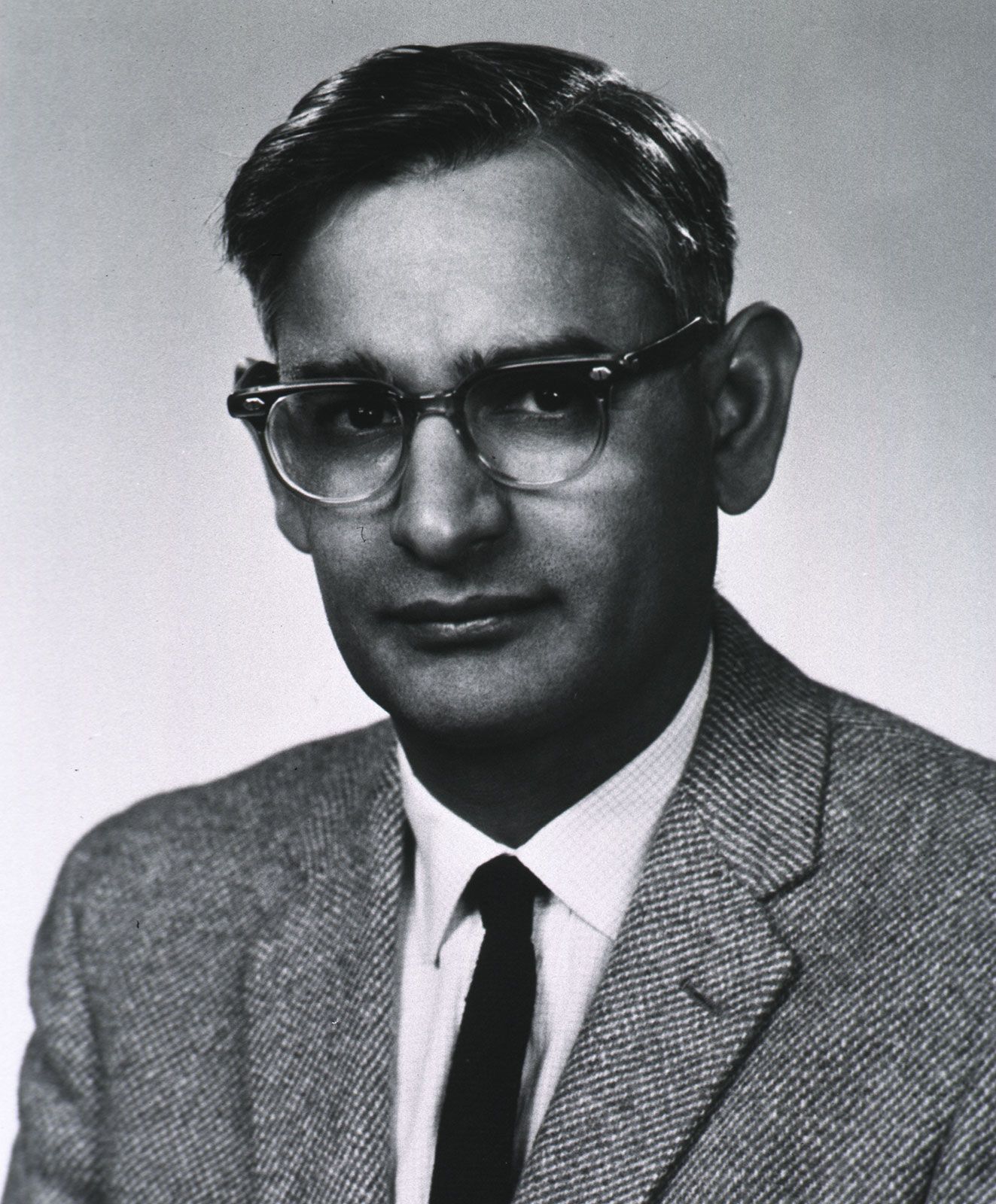CivilianSupremacy
FULL MEMBER

- Joined
- Oct 29, 2022
- Messages
- 681
- Reaction score
- 1
- Country
- Location
This thread is a tribute to greatest Pakistani scientist Abdus Salam. His instrumental contributions to the science and particularly his immense contributions for Pakistan. Only scientist from Pakistan to have received a noble prize.
(Note: Never liked to discuss personal / religious views of any person. Every person will answer for their own deeds, people with character avoids unnecessary comments. )
Abdus Salam
Abdus Salam - 29 January 1926 – 21 November 1996 was a Pakistani theoretical physicist and a Nobel Prize laureate.

Initial Years / Ground work for scientific community / SUPARCO and more:
From the 1950s, Salam advocated for establishing high-powered research institutes in Pakistan. Salam was scientific advisor to the Ministry of Science and Technology in Pakistan from 1960 to 1974, a position from which he played a major and influential role in the development of the country's science infrastructure.
He moved PAEC Headquarters to a bigger building, and established research laboratories all over the country. On the direction of Salam, Ishrat Hussain Usmani set up plutonium and uranium exploration committees throughout the country.
In 1961 Salam approached President Ayub Khan to set up the country's first national space agency, Thus on 16 September 1961 the Space and Upper Atmosphere Research Commission was established, with Salam as its first founding director. (note: SUPARCO under Abdus Salam was only Asian space agency except USSR to launch various solid-fuel sounding rockets at upper atmosphere research). In October 1961, With Salam efforts US & PAK signed a space co-operation agreement. In 1964, Salam visited the Oak Ridge National Laboratory US, and met with nuclear engineers Salim Mehmud and Tariq Mustafa. Salam signed another agreement with the NASA which launched a programme to provide training to Pakistan's scientists and engineers. Both nuclear engineers returned to Pakistan and were inducted into SUPARCO.
Salam contributed to numerous developments in theoretical and particle physics in Pakistan. Salam was responsible for the establishment of the Theoretical Physics Group. For this, he is viewed as the "scientific father" of this program.
Contributions in Nuclear Civil Technology:
Salam called Ishfaq Ahmad, a nuclear physicist, who had left for Switzerland where he joined CERN, back to Pakistan. With the support of Salam, PAEC established PAEC Lahore Center-6, with Ishfaq Ahmad as its first director.
Salam played an influential and significant role in Pakistan's development of nuclear energy for peaceful purposes. In 1964, he was made head of Pakistan's IAEA delegation. With an agreement signed with IAEA, the ICTP was set up with Salam as its first director. At IAEA, Salam had advocated the importance of nuclear power plants in his country. It was due to his effort that in 1965, Canada and Pakistan signed a nuclear energy co-operation deal. Salam obtained permission from President Ayub Khan – against the wishes of his own government functionaries – to set up the Karachi Nuclear Power Plant. Also in 1965, led by Salam, the United States and Pakistan signed an agreement in which the US provided Pakistan with a small research reactor (PARR-I). Salam had a long-held dream to establish a research institute in Pakistan, which he had advocated for on many occasions. In 1965 again, Salam and architect Edward Durell Stone signed a contract for the establishment of the Pakistan Institute of Nuclear Science and Technology (PINSTECH) at Nilore, Islamabad.
Major Scientific Work:
Salam's notable achievements include the Pati–Salam model, magnetic photon, vector meson, Grand Unified Theory, work on supersymmetry and, most importantly, electroweak theory, for which he was awarded the Nobel Prize. Salam made a major contribution in quantum field theory and in the advancement of Mathematics, modern theory on neutrinos, neutron stars and black holes, as well as the work on modernising quantum mechanics and quantum field theory.
Founding Contributions in Nuclear Weapon Technology for Pakistan:
Salam knew the importance of nuclear technology in Pakistan, for civilian and peaceful purposes. But, according to his biographers, Salam played an ambiguous role in Pakistan's own atomic bomb project. As late as the 1960s, Salam made an unsuccessful proposal for the establishment of a nuclear fuel reprocessing plant, but it was deferred on economic grounds by Ayub Khan.
In 1965, Salam led the establishing of the nuclear research institute—PINSTECH. In 1965, the plutonium Pakistan Atomic Research Reactor (PARR-I) went critical under Salams' leadership. In 1973, Salam proposed the idea of establishing an annual college to promote scientific activities in the country to the Chairman of PAEC, Munir Khan, who accepted and fully supported the idea. This led to the establishment of the International Nathiagali Summer College on Physics and Contemporary Needs (INSC), where each year since 1976 scientists from all over the world come to Pakistan to interact with local scientists. The first annual INSC conference was held on advanced particle and nuclear physics. Salam established the 'Theoretical Physics Group' (TPG) in PAEC. Salam led groundbreaking work at TPG until 1974. The TPG, in PAEC, was assigned to conduct research in fast neutron calculations, hydrodynamics (how the explosion produced by a chain reaction might behave), problems of neutron diffusion, and the development of theoretical designs of Pakistan's nuclear weapon devices.
In 1981, Salam became a founding member of the World Cultural Council.
In 1998, following the country's Chagai-I nuclear tests, the Government of Pakistan issued a commemorative stamp, as a part of "Scientists of Pakistan", to honour the services of Salam.
(Note: Never liked to discuss personal / religious views of any person. Every person will answer for their own deeds, people with character avoids unnecessary comments. )
Abdus Salam
Abdus Salam - 29 January 1926 – 21 November 1996 was a Pakistani theoretical physicist and a Nobel Prize laureate.
Initial Years / Ground work for scientific community / SUPARCO and more:
From the 1950s, Salam advocated for establishing high-powered research institutes in Pakistan. Salam was scientific advisor to the Ministry of Science and Technology in Pakistan from 1960 to 1974, a position from which he played a major and influential role in the development of the country's science infrastructure.
He moved PAEC Headquarters to a bigger building, and established research laboratories all over the country. On the direction of Salam, Ishrat Hussain Usmani set up plutonium and uranium exploration committees throughout the country.
In 1961 Salam approached President Ayub Khan to set up the country's first national space agency, Thus on 16 September 1961 the Space and Upper Atmosphere Research Commission was established, with Salam as its first founding director. (note: SUPARCO under Abdus Salam was only Asian space agency except USSR to launch various solid-fuel sounding rockets at upper atmosphere research). In October 1961, With Salam efforts US & PAK signed a space co-operation agreement. In 1964, Salam visited the Oak Ridge National Laboratory US, and met with nuclear engineers Salim Mehmud and Tariq Mustafa. Salam signed another agreement with the NASA which launched a programme to provide training to Pakistan's scientists and engineers. Both nuclear engineers returned to Pakistan and were inducted into SUPARCO.
Salam contributed to numerous developments in theoretical and particle physics in Pakistan. Salam was responsible for the establishment of the Theoretical Physics Group. For this, he is viewed as the "scientific father" of this program.
Contributions in Nuclear Civil Technology:
Salam called Ishfaq Ahmad, a nuclear physicist, who had left for Switzerland where he joined CERN, back to Pakistan. With the support of Salam, PAEC established PAEC Lahore Center-6, with Ishfaq Ahmad as its first director.
Salam played an influential and significant role in Pakistan's development of nuclear energy for peaceful purposes. In 1964, he was made head of Pakistan's IAEA delegation. With an agreement signed with IAEA, the ICTP was set up with Salam as its first director. At IAEA, Salam had advocated the importance of nuclear power plants in his country. It was due to his effort that in 1965, Canada and Pakistan signed a nuclear energy co-operation deal. Salam obtained permission from President Ayub Khan – against the wishes of his own government functionaries – to set up the Karachi Nuclear Power Plant. Also in 1965, led by Salam, the United States and Pakistan signed an agreement in which the US provided Pakistan with a small research reactor (PARR-I). Salam had a long-held dream to establish a research institute in Pakistan, which he had advocated for on many occasions. In 1965 again, Salam and architect Edward Durell Stone signed a contract for the establishment of the Pakistan Institute of Nuclear Science and Technology (PINSTECH) at Nilore, Islamabad.
Major Scientific Work:
Salam's notable achievements include the Pati–Salam model, magnetic photon, vector meson, Grand Unified Theory, work on supersymmetry and, most importantly, electroweak theory, for which he was awarded the Nobel Prize. Salam made a major contribution in quantum field theory and in the advancement of Mathematics, modern theory on neutrinos, neutron stars and black holes, as well as the work on modernising quantum mechanics and quantum field theory.
Founding Contributions in Nuclear Weapon Technology for Pakistan:
Salam knew the importance of nuclear technology in Pakistan, for civilian and peaceful purposes. But, according to his biographers, Salam played an ambiguous role in Pakistan's own atomic bomb project. As late as the 1960s, Salam made an unsuccessful proposal for the establishment of a nuclear fuel reprocessing plant, but it was deferred on economic grounds by Ayub Khan.
In 1965, Salam led the establishing of the nuclear research institute—PINSTECH. In 1965, the plutonium Pakistan Atomic Research Reactor (PARR-I) went critical under Salams' leadership. In 1973, Salam proposed the idea of establishing an annual college to promote scientific activities in the country to the Chairman of PAEC, Munir Khan, who accepted and fully supported the idea. This led to the establishment of the International Nathiagali Summer College on Physics and Contemporary Needs (INSC), where each year since 1976 scientists from all over the world come to Pakistan to interact with local scientists. The first annual INSC conference was held on advanced particle and nuclear physics. Salam established the 'Theoretical Physics Group' (TPG) in PAEC. Salam led groundbreaking work at TPG until 1974. The TPG, in PAEC, was assigned to conduct research in fast neutron calculations, hydrodynamics (how the explosion produced by a chain reaction might behave), problems of neutron diffusion, and the development of theoretical designs of Pakistan's nuclear weapon devices.
In 1981, Salam became a founding member of the World Cultural Council.
In 1998, following the country's Chagai-I nuclear tests, the Government of Pakistan issued a commemorative stamp, as a part of "Scientists of Pakistan", to honour the services of Salam.









